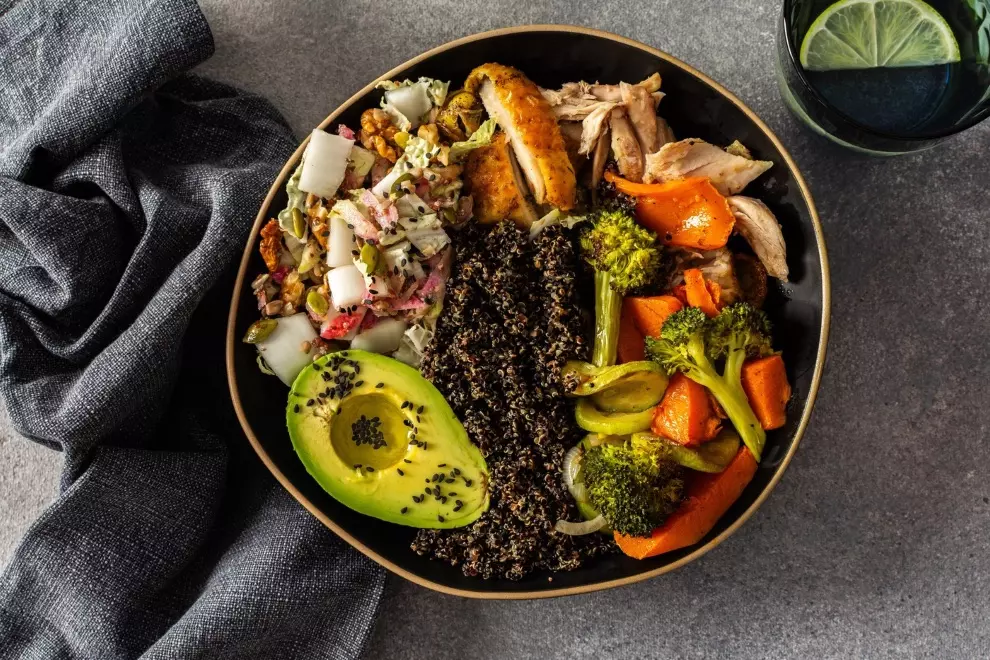Let’s start by listing the main challenges that keto poses for cyclists. That will determine how keto can be used effectively in cycling.
You lose some high-end performance
Research has shown that even though you burn much more fat on keto, it takes more oxygen to burn all that extra fat and your exercise economy gets worse. Also, your ability to utilize carbs is reduced as a result of fat adaptation. It’s a trade-off, you get better at running on fat at low to medium intensity but you lose some ability to run on sugar at very high intensity.

Your training and racing might be compromised
When you get better at burning fat, it becomes easier to do those long, steady-state rides. But most good training plans also include things such as threshold intervals and speed work. Those types of training are high intensity and your capacity to do them on keto is very limited.
Similarly, keto can influence your racing ability. It might be OK when you’re riding on flats in the middle of the peloton. But when it comes to pushing hard on a climb, responding to an attack or sprinting to the finish, you just won’t have the same high-intensity capacity as with carbs.

It can be a challenge to stay keto
Keto is a very restrictive diet. Limiting carbs to less than 50 g per day means you can’t have any of your typical side dishes such as rice, pasta, bread or potatoes. You also have to abstain from any sweet treats such as milk chocolate, cookies, cakes, sugary beverages, and so on. There are so many carb-heavy temptations in the real world that you have to be really committed to keto to stay on the path. Unfortunately, this is hard, especially when life gets in the way and you have to worry about other things than your diet.
Should you go keto?
These are quite serious downsides but do they outweigh the benefits outlined in the previous blog post? It depends on your goals. Let’s try to answer this question for several different scenarios and types of cyclists.

Here are several scenarios where keto can be a good idea:
- Short-term keto to lose weight during the off-season
- Focusing on ultra-endurance cycling events
- Cycling for fun and to stay in shape, mainly doing low to moderate efforts
And here are a few scenarios where you should avoid keto:
- You want to train hard and maximize your racing potential
- You don’t do well with restrictive diets
- You are training to become a pro cyclist
If you fit into one of the scenarios where keto makes sense, look forward to our next blog post where we will go over a sample meal plan to get you started. If you fit into the other scenarios then carbohydrate periodisation is probably a better choice for you. You can check out our previous post on that topic to learn more.







